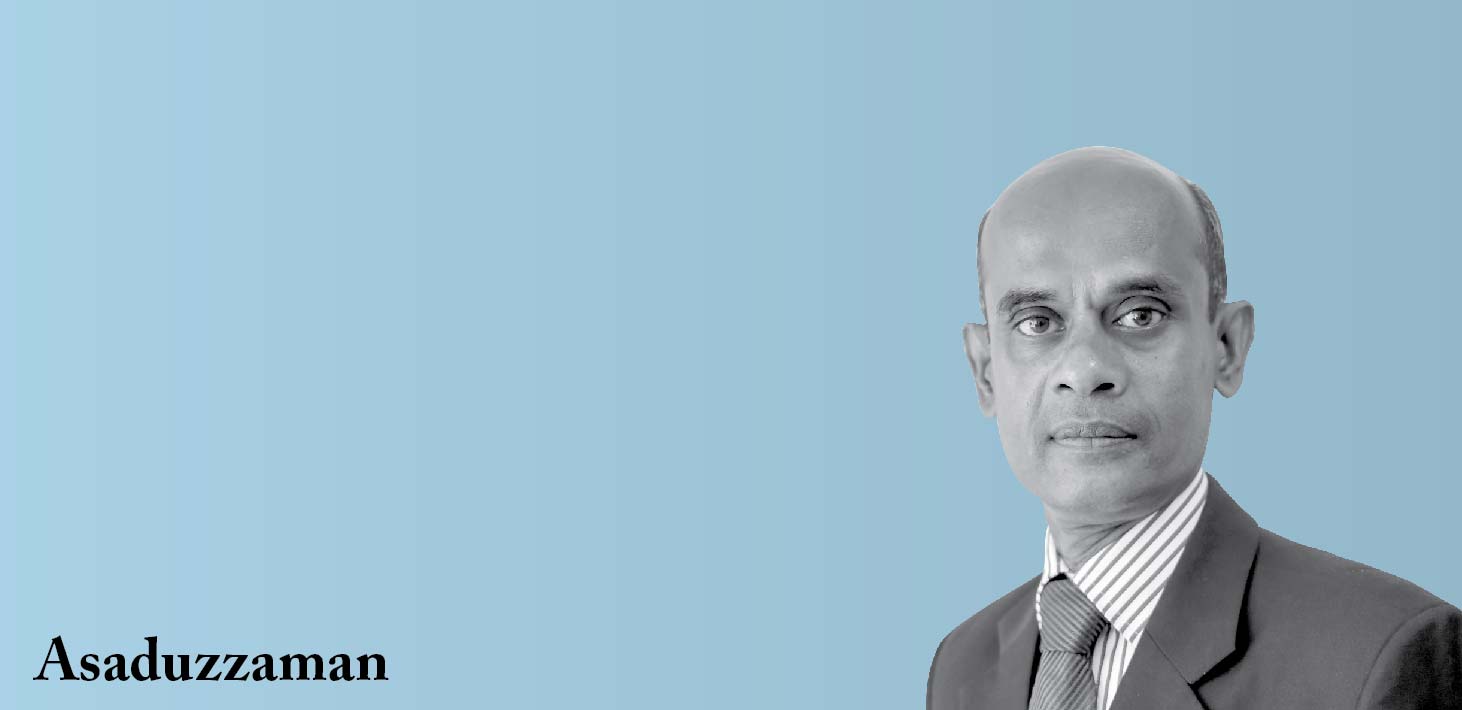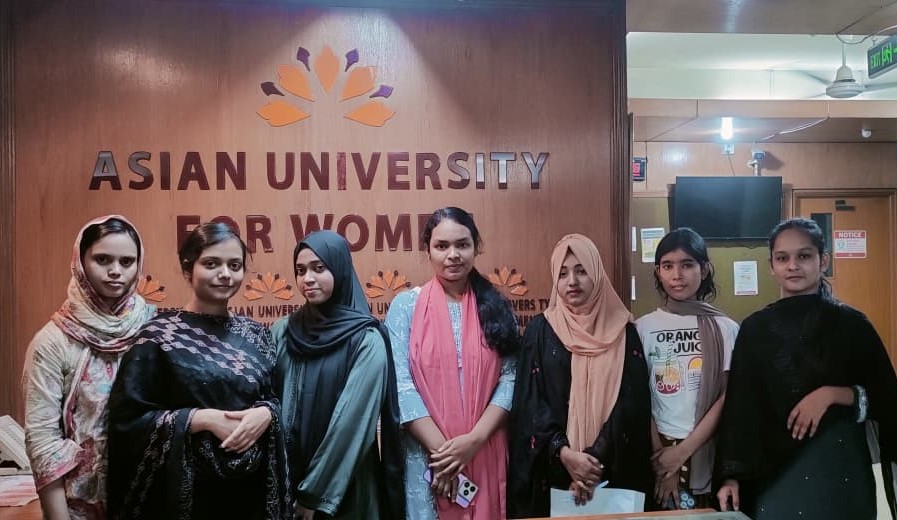Bengali people, as many would love to believe that are basically traders and not entrepreneurs. This is totally wrong. The region have always invited and welcomed traders and merchants from around the world from a very early time.
It is very interesting to put into record that any sort of soul searching by any Bengali across the globe requires knocking the door of Thakurbari (House of Tagores) in Joraskhkao. This house gave birth to Prince Dwarkanath Tagore, one of the foremost Indian industrialists and entrepreneurs, notable for making substantial contribution to the Bengal Renaissance. Years ago, my six-year old daughter Shristy and I got a chance to visit this native place of art and culture. There we met Allan, a German born connoisseur of Art and Culture, who was quite surprised to learn of the mind boggling industrial thoughts of the Tagores from us.
Founder of the Thakurbari, Prince Dwarkanath Tagore, the grandfather of Rabindranath Tagore was well-educated and renowned as Prince Tagore for his impeccable taste in fashion and style. He was also acknowledged as the civic leader of Kolkata who played a pioneering role in setting up a string of commercial ventures in the banking, insurance and shipping industries in partnership with British traders. He founded the Union Bank in Kolkata at the time as well as industrial organizations that ran jute mills, coal mines, and tea plantations and so on. His heir Debendranath Thakur started religious and cultural revolution by introducing a new religion naming Bramha Shomaj. Nobel laureate and maestro Rabindranath Tagore, son of Debendranath Thakur too possessed unique ideas about industrialization that reverses the charkha solution of Mahatma Gandi. Tagore established Santiniketan, which has now become a university town. His economic thinking is being greatly elucidated by Nobel Laureate Professor Amartya Sen, also a student of Santiniketan. Tagore set up the Institute of Rural Reconstruction (IRR) at Raipur and made Leonard Knight Elmhirst its first Director in 1922. Later he educated his son Rathindranath tagore in abroad in Agriculture in pursuit of ushering a agro based revolution in Patisar and Shelaidaha, where he invested in cooperative banking to help the local peasantry.
The word Entrepreneurship is a new vista and was coined around the 1920s and loaned from the French. Joseph Schumpeter an economist in 20th century has established entrepreneurship as a separate school of thought. He identified innovation as the critical dimension of economic change. Bengali people, as many would love to believe that are basically traders and not entrepreneurs. This is totally wrong. The region have always invited and welcomed traders and merchants from around the world from a very early time. Due to their humble and accommodating nature, they have been looted, cornered and misjudged. Yet they have stood up and faced every set back. In the 70s, a war-torn economy that was dubbed ‘basket case’ by many has maintained steady growth for more than a decade. Today Bangladesh is known across the globe as a nation of manufacturers. We have 33 billion USD worth of trade and 19% share of industrial GDP from manufacturing where RMG (Ready Made garments) is taking the lead in export which is a part of global phenomenon. Next in line is the leather industry where engineering products and pharmaceuticals are witnessing more than double digit growth in last calendar year.
Bangladesh has made many negative headlines but at the same time, this is the country that has given birth to a Noble Laureate like Professor Muhammad Yunus, whose micro-credit model is being admired worldwide. We can boast about Sir Fazle Hasan Abed, the founder of BRAC, the biggest social enterprise in the world which has been playing a pivotal role in eradicating poverty worldwide. There are many business powerhouses that have created instances of Global scale operations. Beximco Pharma is listed in London Stock Exchange and now not only is it a leader in exporting pharmaceuticals products but it is also manufacturer of cancer drugs. A Japanese researcher said that evolving and growing a new crop of entrepreneurs in Bangladesh is almost like Meji restoration in Japan.
At the end I would like to put on record that Bangladesh is not a successor state rather it is a state which is chasing a dreaming after it was born from the ashes of a fierce liberation war. Over the years we have achieved much. It’s true that our human resources are not as skilled as they should be; our political culture is nothing to write home about and we have yet to go a long way when it comes to ensuring law and order. But still there is a horizon full of opportunities and possibilities which are beckoning us but we are spoiling them with our indolence, innocence and intolerance. Let us all realize that it’s possible to build a Bengal of gold with futuristic planning and measured steps to grow into a developed country within 2050. We are here to stay!
Asaduzzaman is the feature writer of ICE Business Times, He can be reached at asaduzzaman1967@gmail.com















